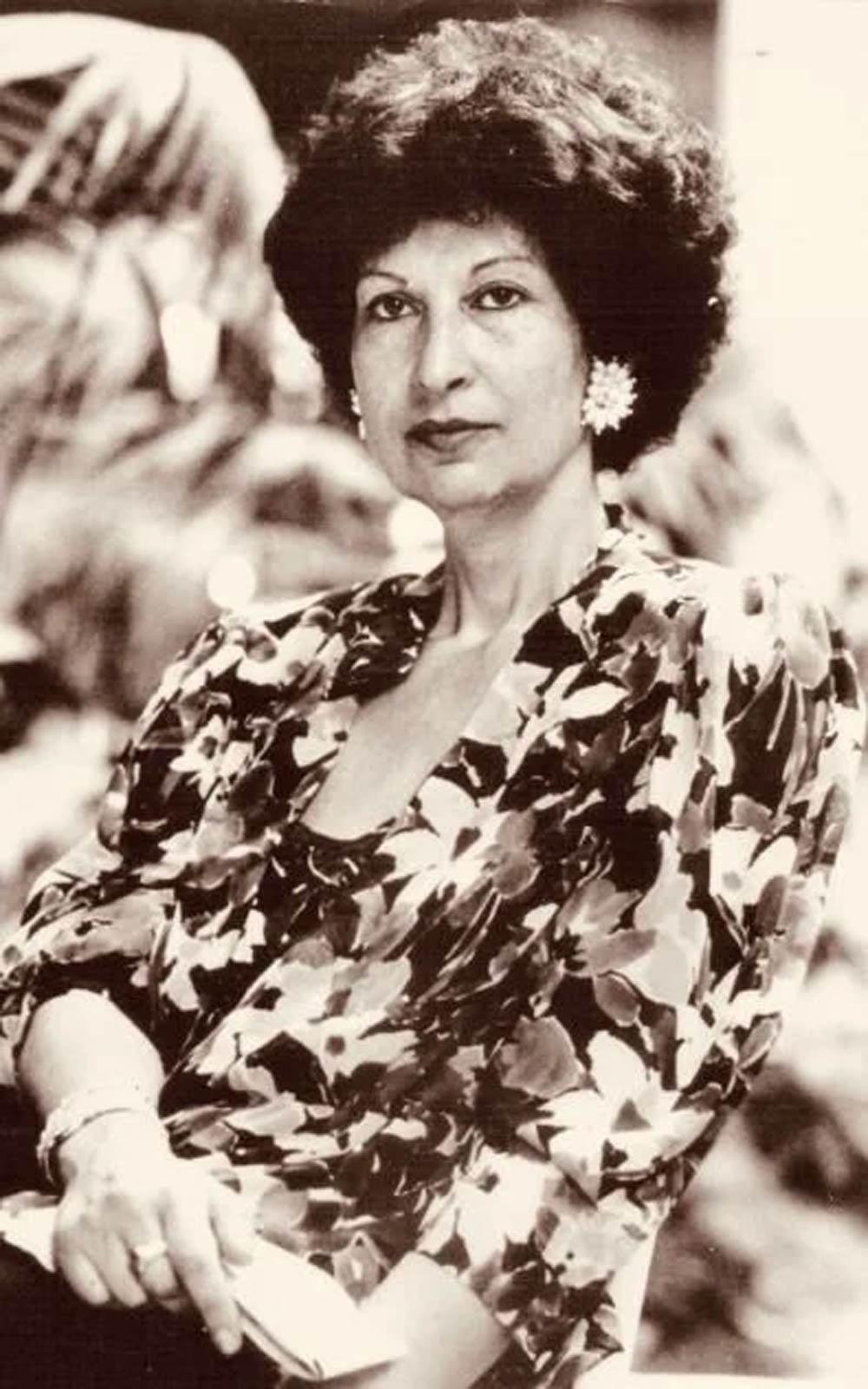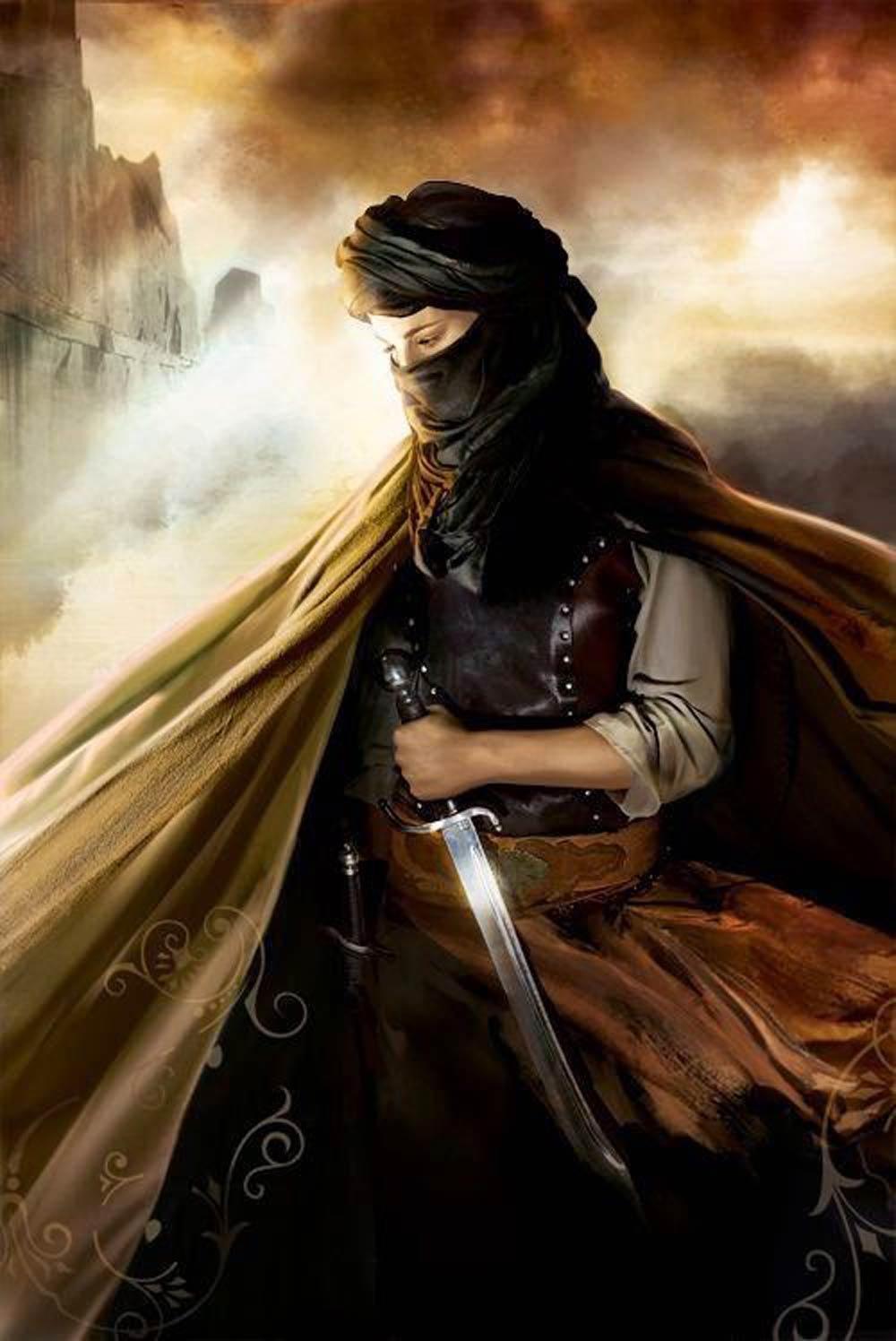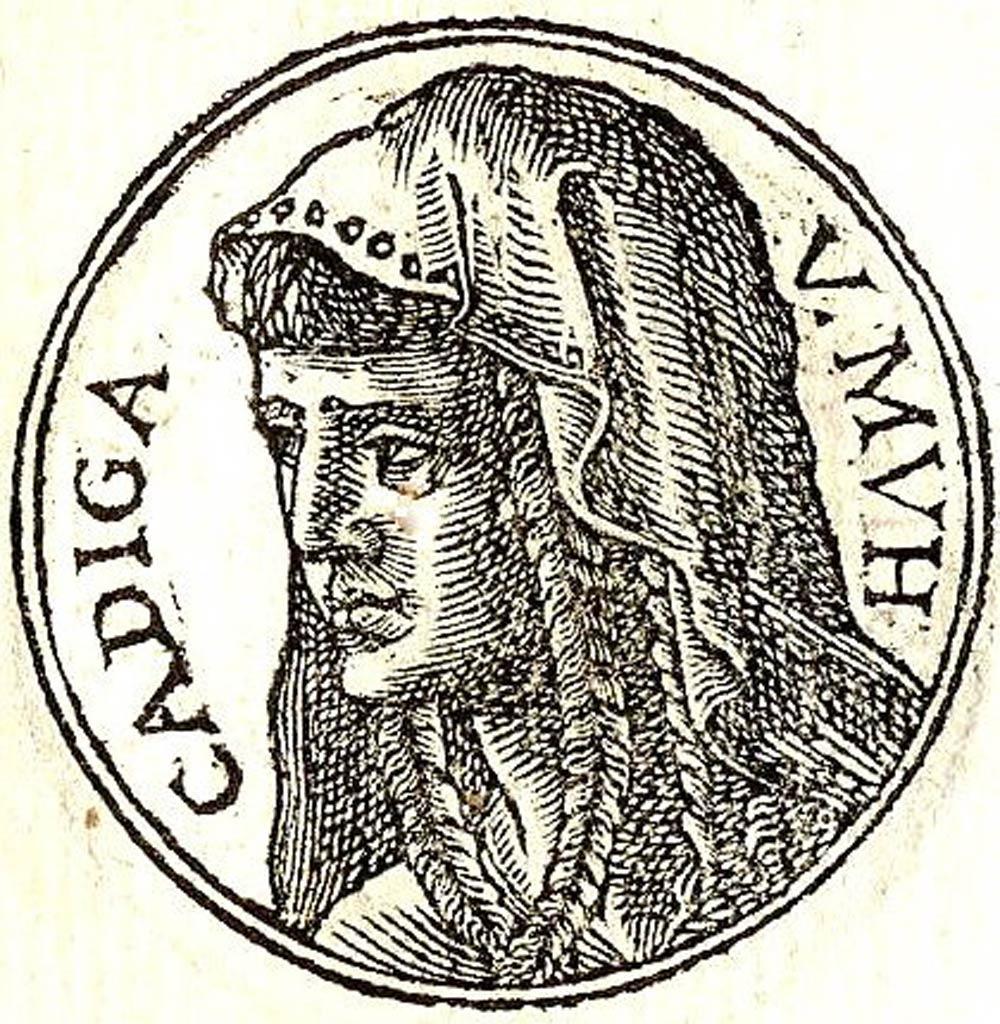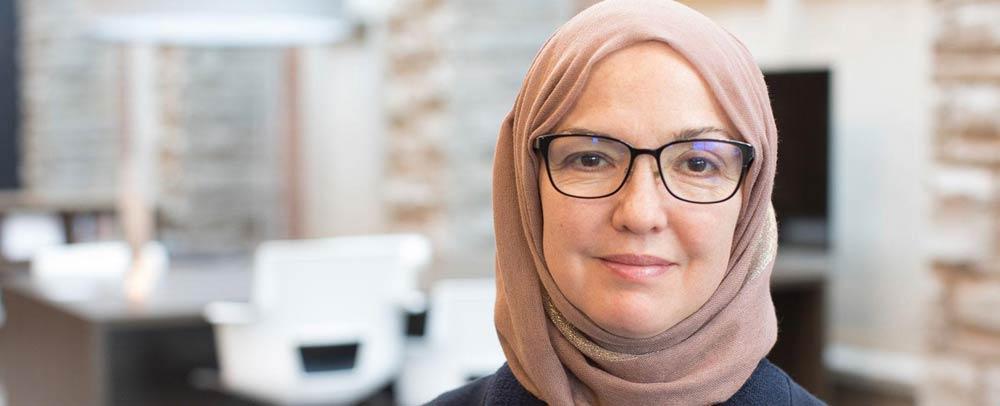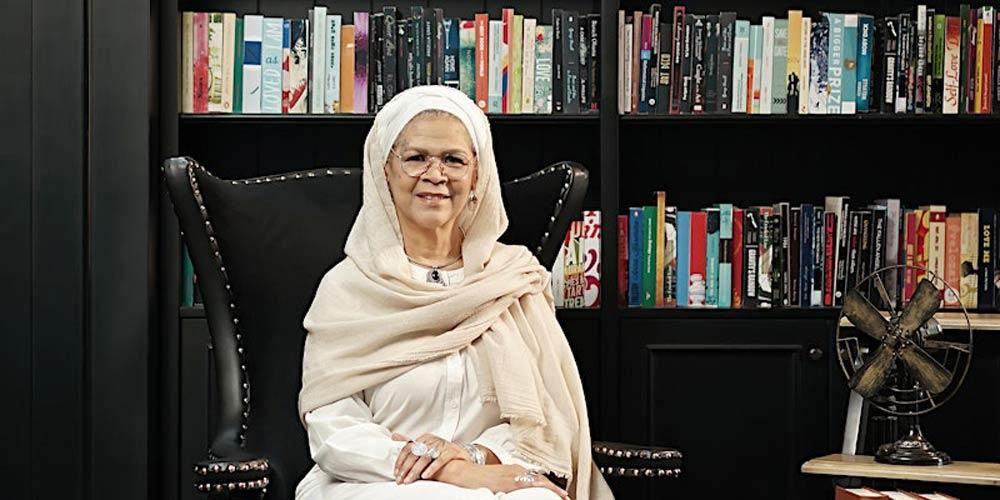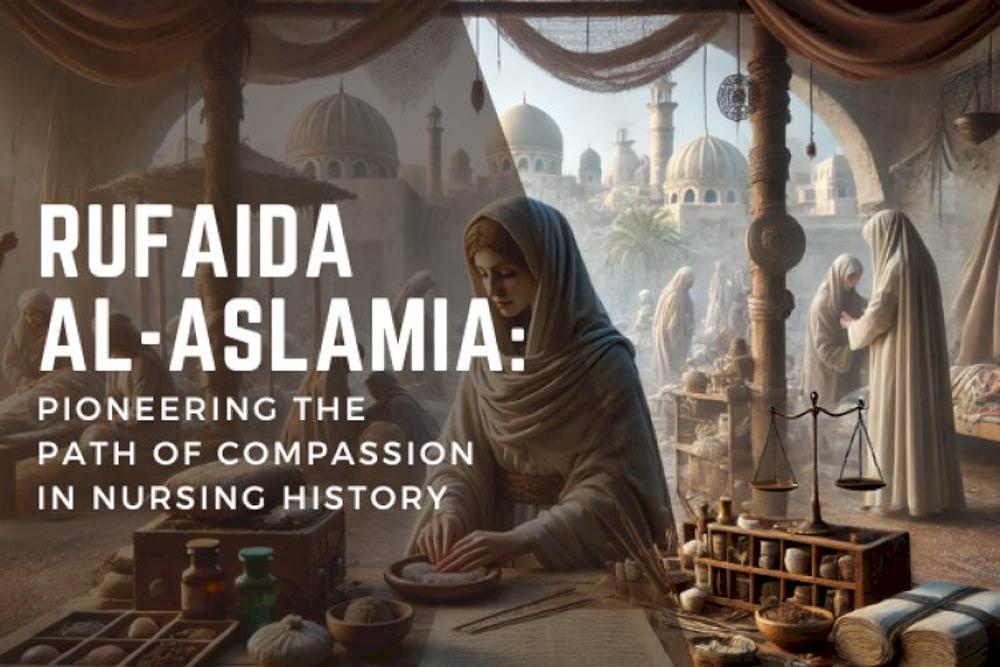
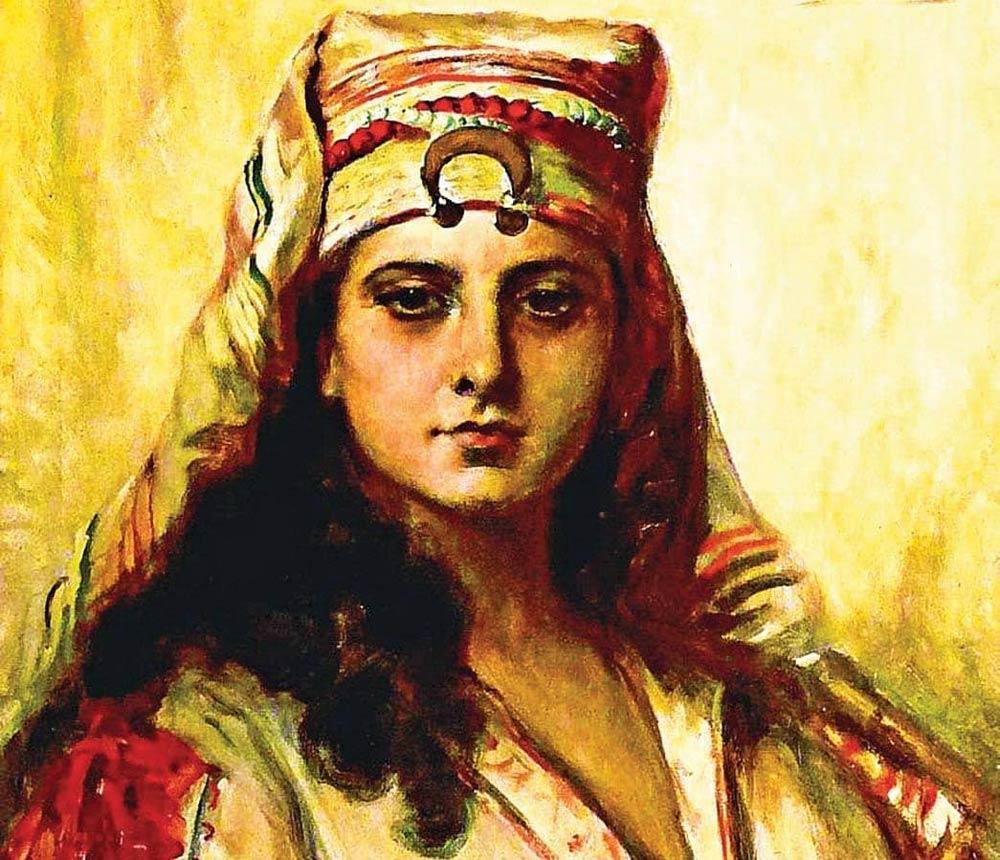
Shajarat al-Durr
When most people today hear the words women’s rights and Islam in the same sentence, they brace for contradiction. Headlines often pair Islam with restriction; hijabs as symbols of subjugation, Sharia courts denying autonomy, women fighting for the right to drive, vote, or even walk alone. Yet peel back the centuries of political interference, tribal patriarchy, and misinterpretation, and a radically different truth emerges: Islam began as one of the most progressive revolutions for women’s equality the world had ever seen. Fourteen centuries ago, in the Arab world where daughters were buried alive, wives were inherited like property, and literacy among women was virtually nonexistent, the Quran arrived; declaring men and women equal before God. And leading this revolution were women.
|
Fatima Mernissi |
|
Nusaybah bint Ka‘b al-Ansariyyah |
|
Khadijah bint Khuwaylid |
|
Ingrid Mattson |
|
Amina Wadud |
Before Islam: A World Without Women’s Rights
Seventh-century Arabia was a landscape defined by male dominance. Women had no inheritance, no say in marriage, and no right to divorce. The birth of a girl was often met with shame, or worse, infanticide. Into this brutal world came Islam. Its revelation was thunderous: “For men is a share of what they have earned, and for women is a share of what they have earned” (Quran 4:32). For the first time, women could inherit wealth, own land, keep their earnings, and choose their partners. The Quran recognised them as full moral agents; equal in spirit, intellect, and capacity for faith. It’s difficult to grasp how revolutionary this was. In Europe, women wouldn’t be allowed to own property independently until more than a millennium later. Islam’s message was clear: equality was divine.
Khadijah: The First Feminist in Islam
The story of Islam begins not with a man, but with a woman, Khadijah bint Khuwaylid. She was Mecca’s most successful merchant, a widow who ran a vast trading empire across Arabia and beyond. Her caravans rivalled those of men, her wealth and reputation unmatched. When she hired a young man named Muhammad to manage one of her ventures, she was so impressed by his honesty and wisdom that she, not he, proposed marriage. Khadijah was 15 years older, a woman of independence and strength. She became his confidante, business partner, and the first person to believe in his prophethood. When he returned from the Cave of Hira trembling after his first revelation, it was Khadijah who wrapped him in her arms and said, “By God, He will never disgrace you, for you uphold the ties of kinship, speak the truth, and help the poor.” She financed the early Muslim community with her wealth, stood by Muhammad through persecution, and was called by him “the best of women. In Khadijah, we see Islam’s earliest feminist, a woman of intellect, independence, and faith whose success was never seen as un-Islamic, but as exemplary.
Aisha: Scholar, Orator, and Commander
If Khadijah embodied power in business, Aisha bint Abi Bakr, another of the Prophet’s wives, embodied power in intellect. After the Prophet’s death, Aisha became a towering figure in Islamic scholarship. She narrated over 2,000 hadiths (Prophetic sayings) and was often consulted by male scholars and political leaders. Her interpretations shaped early Islamic jurisprudence; her sharp mind earned her the nickname “Mother of the Believers” (Umm al-Mu’minin). She was also outspoken, politically active, and unafraid of dissent.
During the caliphate of Ali ibn Abi Talib, Aisha even led an army in what became known as the Battle of the Camel, not because she sought war, but because she demanded justice. Historians remember her on horseback, commanding troops, veiled but visible, respected by men who knew her as one of the Prophet’s dearest companions. Aisha proved that leadership, scholarship, and courage were not masculine domains in Islam. They were human ones.
The Women Who Fought, Healed, and Led
Khadijah and Aisha may be the best-known, but they were far from alone. The early years of Islam were filled with women who refused to be silent or sidelined. There was Nusaybah bint Ka‘b al-Ansariyyah, known as Umm ‘Ammarah, who fought with sword and shield beside the Prophet during the Battle of Uhud. There was Rufaydah al-Aslamiyyah, often called the first nurse in Islam, who established field hospitals during battles and trained other women in medicine. There was Al-Shifa bint Abdullah, one of the earliest literate women in Medina, appointed by Caliph Umar to oversee the city’s markets, effectively a civic regulator, centuries before modern bureaucracy. These women didn’t just “participate” in society; they shaped it. They were the doctors, soldiers, scholars, and administrators of their time. The Prophet never dismissed them. He elevated them.
The Prophet’s Vision for Gender Equality
Prophet Muhammad’s attitude toward women was revolutionary. He denounced female infanticide as a grave sin. He declared that “the best of you are those who are best to their wives.” He shared domestic chores, mended his own clothes, and treated his wives as partners in faith and intellect. When women came to him for counsel, he listened. When men mocked their questions, he corrected them. His home was a place of equality, not hierarchy. In one famous narration (Sunan At-Tirmidhi; Hadith 3872), when the Prophet stood up as his daughter Fatimah entered the room, he kissed her forehead and offered her his seat, a gesture that signified deep respect. This was the world Islam envisioned; one where daughters were honoured, wives were partners, and women were scholars, not subjects.
The Evolution of Islamic Law and Women’s Roles
After the Prophet’s death, Islam spread rapidly across diverse regions, including Persia, Byzantium, and North Africa. As it encountered new cultures and social norms, interpretations of Islamic law (fiqh) began to take shape. By the 9th and 10th centuries, male scholars were codifying legal rulings based on the Qur’an, the Sunnah, consensus, and analogical reasoning. These interpretations were inevitably influenced by the scholars’ historical and cultural contexts, many of which were patriarchal societies that emphasized male authority and female seclusion. It is important to distinguish between Shariah, the divine guidance of the Qur’an and Sunnah, and fiqh, the human understanding and application of that guidance. While fiqh reflected the context and biases of its interpreters, the Qur’an consistently affirms the dignity, rights, and autonomy of women. It grants them the right to inheritance, education, work, and participation in society, and it does not categorically prohibit them from teaching, leading, or holding positions of responsibility. As Moroccan sociologist Fatima Mernissi observed, the challenge has often been interpretation, not Islam itself: “The veil between Muslim women and their rights is not religion itself, but the manipulation of religion by male elites.” Understanding this distinction helps explain how women’s roles have evolved over time and highlights the Qur’an’s enduring message of justice, respect, and moral equality between men and women.
Reclaiming Islam’s Feminist Core
Across the Muslim world today, women are reinterpreting the Quran through the lens of equality, not rebellion. In Malaysia, scholars from the movement Sisters in Islam challenge patriarchal laws using Quranic principles of justice. In Tunisia, women have served as judges, lawyers, and even imams. In Morocco, female religious leaders, known as murshidat, teach Quran and counsel communities. The American scholar Amina Wadud, who famously led a mixed-gender Friday prayer in 2005, put it best, “The Quran is not the problem. The problem is the people who read it through male privilege.” These women are not inventing a new Islam. They are returning to the original one; the Islam of Khadijah, Aisha, and Fatimah; the Islam that believed equality was sacred, not scandalous.
The Myth of the Silent Muslim Woman
Western narratives often portray Muslim women as voiceless victims in need of saving. But history, and reality, tell another story. Fatima al-Fihri, a Muslim woman from 9th-century Tunisia, founded the world’s first university, al-Qarawiyyin, in Morocco, centuries before Oxford or Harvard. Shajarat al-Durr, a 13th-century Egyptian queen, ruled an empire after her husband’s death. These women didn’t succeed in spite of Islam, they succeeded because Islam, in its essence, allowed them to. Even today, Muslim women like Malala Yousafzai and Ingrid Mattson continue that legacy, interpreting their faith as a force for education, compassion, and justice. The truth is, Islam never silenced women. Men did.
Back to the Source
The Quran repeatedly commands believers, men and women alike, to think, reason, and seek knowledge. “Do not wrong one another,” it warns (2:279). “Stand firm in justice, even against yourselves” (4:135). When the Prophet delivered his final sermon, he said: “O people, your women have rights over you, and you have rights over them.” It was a declaration of mutual responsibility, not dominance. He didn’t say, “Men rule over women.” He said, “They are your partners.”
A Revolution Waiting to Be Remembered
Islam began not as a cage, but as a liberation. Its first followers included merchants, warriors, poets, and scholars, women who stood shoulder to shoulder with men in faith and purpose. Khadijah built an empire. Aisha shaped the law. Nusaybah defended the Prophet with her sword. Rufaydah healed the wounded. Their stories were not footnotes; they were foundations. It is not Islam that has confined women, it is centuries of human interference that has. To be a progressive Muslim woman today is not to defy Islam; it is to return to its heart. The Quran began a revolution for women’s rights long before the world caught up. Perhaps it’s time the world remembered that.

